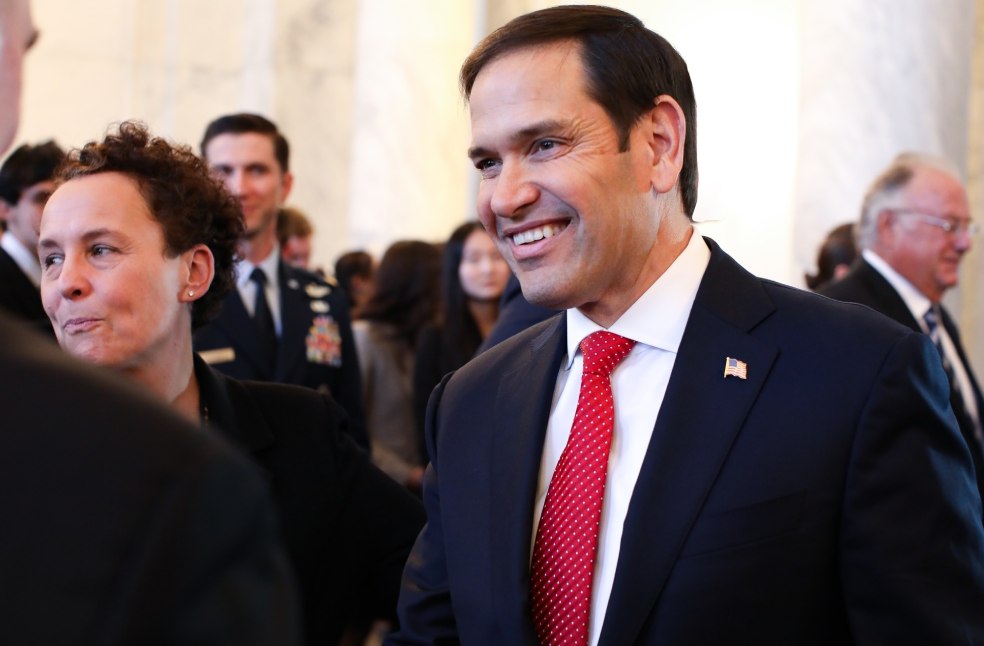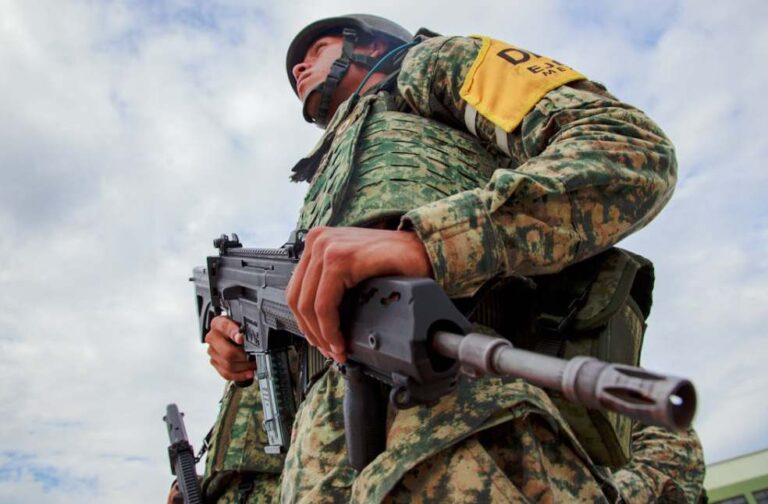United States: The United States has urged India and Pakistan to work together to de-escalate tensions following a deadly militant attack in Indian-administered Kashmir last that killed 26 civilians.
US Secretary of State Marco Rubio held separate phone calls with Indian Foreign Minister S Jaishankar and Pakistani Prime Minister Shehbaz Sharif. In both conversations, he stressed the importance of maintaining peace and security in South Asia and condemned the April 22 attack near the resort town of Pahalgam.
India has blamed Pakistan-based militants for the ambush, which targeted civilians in a scenic meadow area. The group initially suspected of the assault, the Resistance Front, later denied involvement. Indian police have named three of four suspects, two reportedly Pakistani nationals and one local resident from Kashmir.
Discussed the Pahalgam terrorist attack with US @SecRubio yesterday. Its perpetrators, backers and planners must be brought to justice.
— Dr. S. Jaishankar (@DrSJaishankar) May 1, 2025
In a post on X, Jaishankar said he welcomed Washington’s support and emphasised that the perpetrators, backers and planners of the attack must be brought to justice.
Meanwhile, Rubio urged Pakistan to cooperate in investigating what he described as an unconscionable attack. Prime Minister Sharif rejected India’s accusations and urged the US to advise India to dial down the rhetoric and act responsibly, according to a statement from his office.
The diplomatic outreach comes with heightened tensions between the nuclear-armed neighbours. India shut down its airspace to Pakistani aircraft, a retaliatory measure following Pakistan’s earlier airspace restrictions. The two countries have also traded accusations over ceasefire violations and expelled each other’s nationals, with hundreds crossing the Attari-Wagah border in recent days.
India had already suspended most Pakistani visas and revoked a long-standing water-sharing agreement. Pakistan responded by cancelling its own visas for Indians and suspending the 1972 peace accord.

Indian Prime Minister Narendra Modi has held a series of high-level security meetings in recent days and reportedly gave the country’s military a free hand to respond to the Pahalgam killings. The cabinet committee on security, led by Modi, met for a second time to assess the situation.
Pakistan’s information minister has warned that Islamabad has credible intelligence indicating India may launch military strikes within 24 to 36 hours. Delhi has not publicly responded to those claims.
Troops along the Line of Control have exchanged sporadic gunfire over the past week. India has accused Pakistan of violating the ceasefire during a weekly military hotline call.
As tensions mount, the digital front has not been spared. Instagram accounts of several Pakistani celebrities have reportedly been blocked in India, with notifications citing ‘legal requests to restrict content.’ More than a dozen Pakistani news channels have also been taken off air in India over alleged dissemination of provocative content.
The Pahalgam attack is the deadliest assault on civilians in the region in two decades. Survivors say the attackers singled out Hindu men, further inflaming communal tensions. Modi has vowed a severe response, saying India will ‘identify, track and punish’ those responsible ‘in a way beyond their imagination.’
Kashmir has remained a volatile and heavily militarized region since 1947, claimed in full by both India and Pakistan but governed in parts by each. The region has witnessed a decades-long insurgency marked by waves of militant violence and retaliatory military crackdowns.



